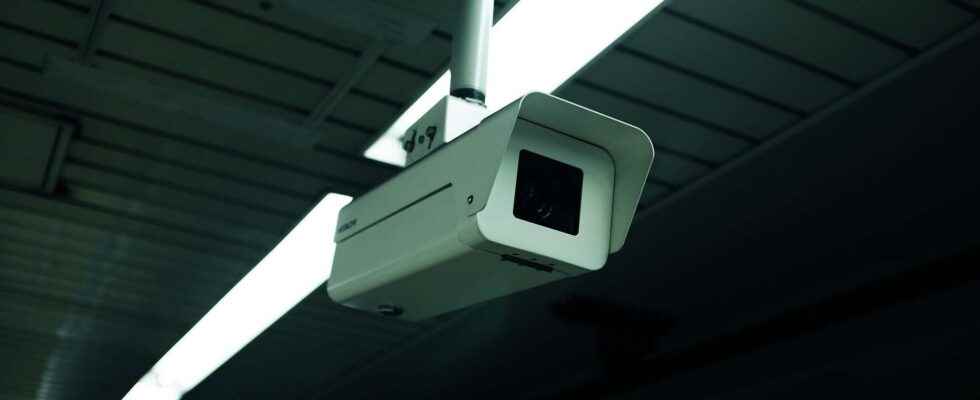To reinforce its contact case tracing teams, the city of Bucheon in South Korea is implementing facial recognition on more than ten thousand security cameras. The new system will automatically detect the movements of Covid-19 patients in the city in the days preceding their positive test.
You will also be interested
[EN VIDÉO] Interview: how was artificial intelligence born? Artificial intelligence aims to mimic how the human brain works, or at least its logic when it comes to making decisions. Jean-Claude Heudin, director of the research laboratory of the IIM (Internet and Multimedia Institute), explains the origin of this research.
The city of Bucheon in South Korea is embarking on a pilot project combining artificial intelligence, facial recognition and security cameras. The tracing teams for contact cases of patients with coronavirus are currently overloaded. The city intends to relieve them with this project which will automatically detect the recent movements and exchanges of people with a positive test for Covid-19.
The new system will analyze images collected by more than 10,820 security cameras in the city, which has more than 800,000 residents. The project received funding of 1.6 billion won from the Korean Ministry of Science and Technology, as well as 500 million won from the municipal budget, totaling just over 1.5 million euros.
Ten people traced in five minutes
The country already has a high-tech tracking system that combines data from the use of bank cards, geolocation smartphone and manual analysis of security cameras. Currently teams need an average of 30 minutes to an hour to track a single person, while AI can track ten people in five to ten minutes. The new system will also prevent them from depending on statements from patients, who are not always honest about their movements.
According to Reuters, the current tracking systems are widely accepted by the population, but human rights defenders and lawmakers are alarmed about the new system which could be used outside the law. pandemic. However, patients must give their consent, and the faces of those not affected are blurred. The project should be operational from January.
Interested in what you just read?
.
fs1
